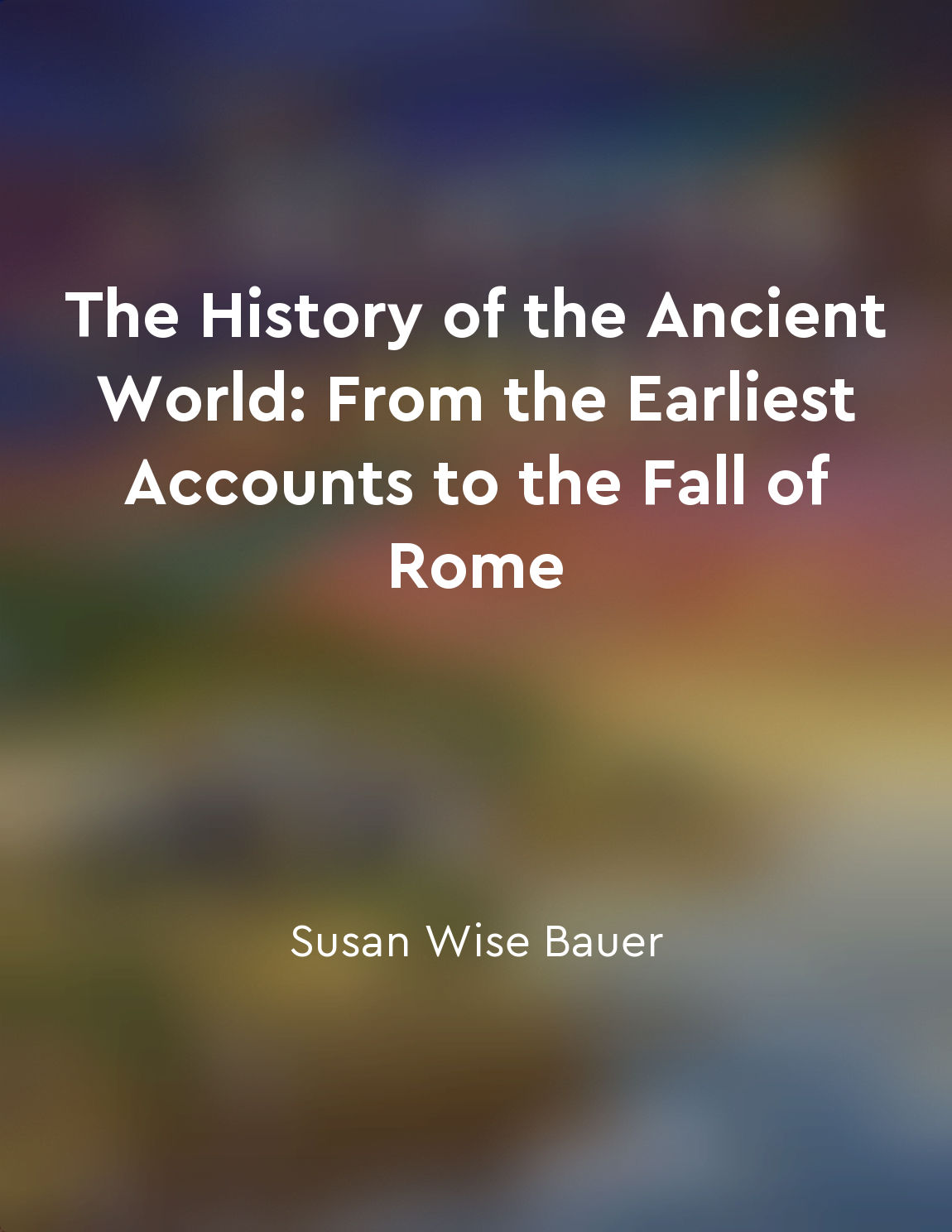Political corruption and instability from "summary" of History of the Decline and Fall of the Roman Empire by Edward Gibbon
The Roman Empire was plagued by a deep-rooted and pervasive issue of corruption within its political system. This corruption extended to all levels of government, from local officials to the highest-ranking senators and even the emperors themselves. The rampant corruption within the political ranks led to a breakdown of trust and stability in the empire. Officials abused their power for personal gain, accepting bribes and engaging in nepotism to advance their own interests. This self-serving behavior eroded the integrity of the government, undermining its ability to effectively govern and provide for the needs of its citizens. The pervasiveness of corruption also bred a culture of impunity, where those in power could act with impunity without fear of consequences. This lack of accountability only served to further entrench corruption within the political system, creating a cycle of abuse that was difficult to break. As corruption spread, it undermined the legitimacy of the government in the eyes of the people. Citizens grew disillusioned with a system that seemed to benefit only the elite few, leading to widespread unrest and discontent. This instability created fertile ground for political upheaval and rebellion, further weakening the empire from within.- The combination of political corruption and instability proved to be a potent force in the decline and fall of the Roman Empire. It is a cautionary tale that serves as a reminder of the dangers of unchecked power and the importance of integrity in governance.
Similar Posts
Health disparities are evident
Health disparities are evident when looking at the differences in health outcomes between various groups within a society. Thes...
Power can corrupt individuals
The seductive powers of power can corrupt individuals in subtle and often unnoticed ways. When one is bestowed with power, it c...
Xerxes leads second Persian invasion of Greece
It was in the year 480 BC that Xerxes, the King of Persia, decided to launch a second invasion of Greece. This decision came af...
Rome's reliance on slave labor resulted in social unrest
The use of slave labor in Rome played a significant role in shaping the social dynamics of the empire. The economy of Rome was ...

Discuss the evolution of political systems and hierarchies
The development of political systems and hierarchies in ancient societies was a gradual process that evolved over centuries. In...
Education is essential for good citizenship
In order to understand the importance of education in creating good citizens, we must first consider the nature of citizenship ...

